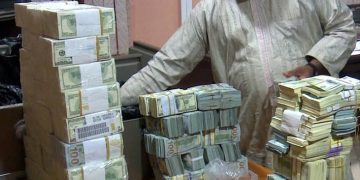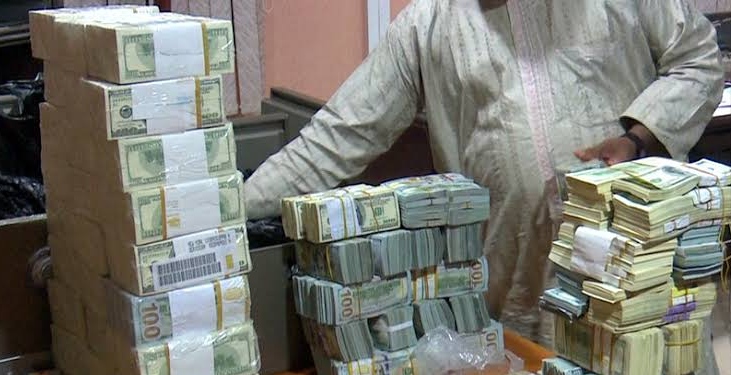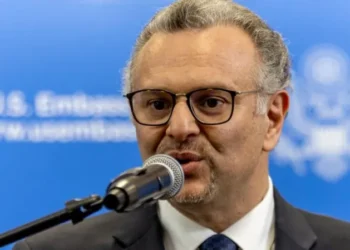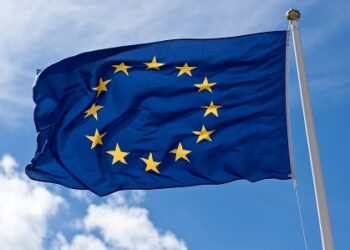By John Ikani
As part of new efforts towards fighting corruption in the country, Transparency International (TI) has called for strengthening of the Code of Conduct Bureau (CCB) to enable it to properly verify the assets declared by political office holders before they are exposed to public resources.
The call came as the Independent Corrupt Practices and other related offences Commission (ICPC) proposed the use of technology in strengthening asset declaration.
TI and ICPC made the call in Kaduna during a Stakeholder Forum on Strengthening Accountability Networks Among Civil Society (SANCUS) Project organised by Civil Society Legislative Advocacy Centre (CISLAC) on Thursday.
Executive Director of CISLAC, Auwal Ibrahim Musa Rafsanjani, who spoke on TI’s behalf, stressed the need for the CCB to properly verify the assets declared by public office holders.
According to him, the major menace SANCUS project seeks to address is the issue of vote trading and corruption in the electoral system.
“Often, politicians make false declarations that they have $10million assets, so that, when they get to office, they begin to steal to acquire such assets,” he said.
According to the CISLAC boss, the Project is coming at the right time ahead of the 2023 general elections.
“Throughout the world, democracy is adjudged to be the best form of government, but it is constantly assaulted in Nigeria due to the phenomenon of money politics, vote buying and selling. Money seems to have taken the centre stage in the political process of many countries including that of Nigeria, to the extent that the word, “money politics” has crept into the country’s political vocabulary.
“The problem with this situation is that the electoral process is often compromised resulting in elections not being free and fair. This is a disturbing trend/practice which has blemished the electoral process in Nigeria and if left unchecked will jeopardize our democratization process and in turn prevent electorates from reaping the dividend of democracy.
“The Project plans to solve this by advocating for the operational independence of anti-corruption agencies; an increased enforcement of existing anti-money laundering provisions and policies; an improved oversight function of the National Assembly; improve capacity of the media and civil society to investigate the presence of dirty money in Nigeria’s political processes and finally, increase citizens demand for accountability in the funding of political processes,” he said.
Representative of ICPC Chairman, Professor Bolaji Owasanoye at the event, Mr Hassan Salihu of the Kaduna Zonal Office, said, strengthening the declaration of assets through the use of technology and establishment of anti-graft agencies’ intelligence and information sharing platform will drastically reduce use of dirty money in Nigeria.
According to him, “SANCUS Project Nigeria is with the focus of solving the core problem of “dirty money” in Nigerian politics. The sources of “dirty money” in politics are also through the commission of financial, economic and corruption offences. Same dirty money is viciously utilised to perpetrate corrupt practices in the Nigerian political and electoral processes.”



































